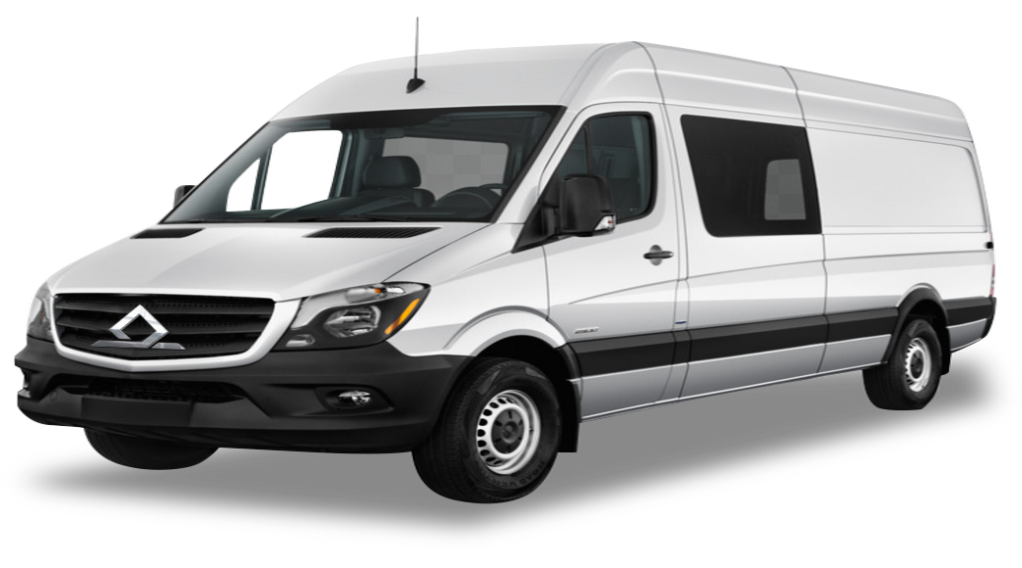First Hydrogen Corp. reports its hydrogen-fuel-cell-powered vehicle (FCEV) has achieved a range of 630km on a single refueling during its recent fleet trial with UK utility, SSE Plc (SSE). The feedback from the drivers was consistently positive. SSE driver feedback commented that it is “quiet”, “smooth”, and “pleasing to drive” with automatic transition.
Furthermore, SSE drivers found the range capability to be extremely impressive and remarked that the First Hydrogen vehicle behaves more like a diesel vehicle in terms of range, but without the environment damaging emissions.
The FCEV continued to successfully execute the longer routes SSE undertook demonstrating it is compatible with existing infrastructure. The team noted that refuelling took a matter of minutes when recharging.
During the trial, SSE predominantly drove the First Hydrogen vehicle on major roads in Aberdeen, Scotland. Light traffic conditions in the region enabled the vehicle to run at maximum speed limits, when safe to do so, for longer periods than it had done previously. Even when running at consistently higher speeds the vehicle maintained good fuel efficiency, consuming an average of 1.58kg H2/100m.
During most of the journeys undertaken, the FCEV maintained its battery at maximum charge by regenerating from braking i.e., the amount of kWh the battery charged and discharged was comparable, which is testament to the efficiency of First Hydrogen’s onboard energy management system.
This data suggests that overall vehicle performance is even better than expected, as it exceeds the results set in pre-trial commissioning tests, especially when driven at constant speed as less braking and accelerating means less fuel is consumed. For several journeys, the FCEV drove fully loaded one way and was part loaded on the return. SSE drivers noted that heavier loads did not noticeably decrease vehicle speed, reduce vehicle range, or affect fuel cell performance.
SSE is the first utility business to road test First Hydrogen’s FCEV. As one of the UK’s largest energy infrastructure companies, SSE has an established a Net Zero Action Plan and has recently increased investment in renewables and its electricity networks to £18 billion. In 2019, SSE committed to transitioning over 3,000 fleet vehicles to electric by 2023, and already it has over 1,100 full EVs in its fleet.
These vehicles are being trialled with an initial 16 fleet operators in the United Kingdom. At the same time, the company has launched its bespoke vehicle design phase which will develop its fleet of proprietary zero-emission vehicles.
First Hydrogen is also developing refueling capability working with FEV Consulting GmbH, the automotive consultancy of FEV Group of Aachen Germany. The Company is also pursuing opportunities in green hydrogen production and distribution in the UK, EU and North America.
Tags: FCEV, First Hydrogen, Hydrogen, SSE Trial



Recent Posts
Greenlyte and MB Energy sign strategic e-methanol offtake agreement
CSDC and TECHNOLOG forge alliance to drive green, smart shipbuilding
DPA Kandla invites bids for India’s first port-based bio-methanol plant
Green & Digital Maritime Corridors Dialogue’ at JNPA sets stage for India Maritime Week 2025
Thermax partners with HydrogenPro for alkaline electrolyser systems in India
PIL Conducts First Simultaneous Cargo and LNG Bunkering in Singapore
NYK Takes Delivery of LNG-Fuelled Capesize Bulker SG Dawn
Swire Shipping joins Achilles Maritime Network to strengthen supply chain sustainability and compliance